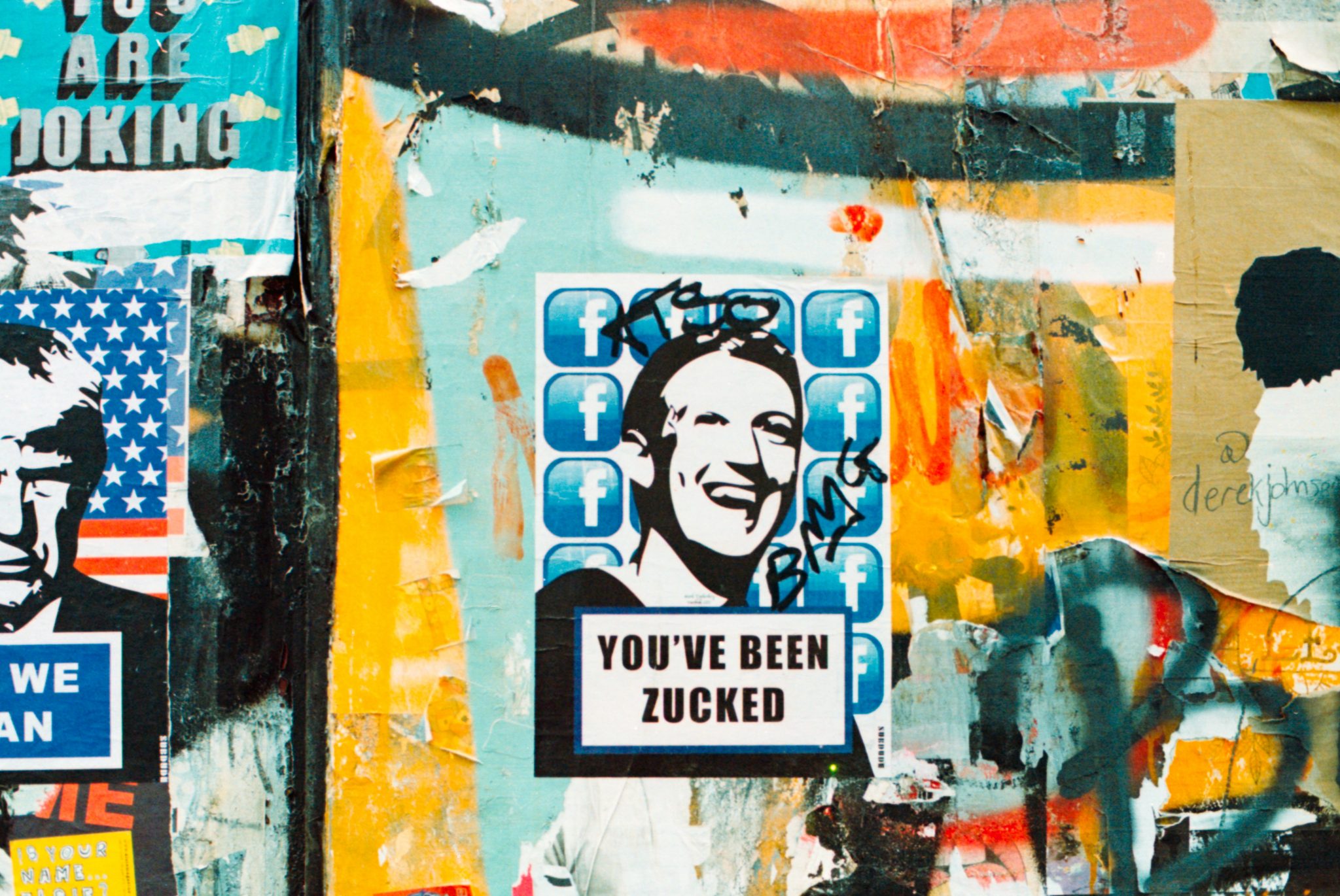
I signed up for Facebook sometime in 2006, whenever they allowed non .edu email addresses to register. I deleted my account late 2012 when I realized I was spending far too much time looking at old acquaintances and friends (“Facebook stalking”) rather than job-hunting after returning from Sierra Leone. The decision was personal. I didn’t have a political stance against Facebook all those years ago.
Things are markedly different in late 2019. After the Cambridge Analytica scandal, numerous incidents around the world where Facebook has wrought havoc (elections, genocides, etc.) and pretty much every other seemingly “minor Facebook scandal”, it’s obvious that the company is not interested in empowering discourse. But Its massive user base, its monopoly on social media, its grip on political and civic institutions, and the media landscape means Facebook is everyone’s problem, including non-users.
Jacob Silverman in the Baffler writes that by now, we must treat Facebook as a “right-wing political force”, one resistant to any and all attempts at criticism, regulation, and reform:
That [Facebook] has come to so thoroughly dominate our public sphere is a tragic indictment of American civic life and American techno-capitalism, which has confused the pitiless surveillance of today’s internet with utopian empowerment.
Bearing the perverse logic known only to authoritarian state propaganda, Zuckerberg wishes us to believe that Facebook is a benevolent sovereign, a gateway to flourishing connectivity and public discourse, instead of an all-seeing surveillance apparatus that attempts to predict our needs, guide our behaviors, and monetize our dearest relationships and communications for obscene profits. It may not be the death knell to democracy that some claim, but it would be dubious to say that targeted advertising—and the coercion that attends it—has done anything to improve our lives. Nevertheless, Zuckerberg argues otherwise. Part and parcel of the new rhetoric is that Facebook’s technologically enabled users represent “a fifth estate,” a new member of the public sphere.
